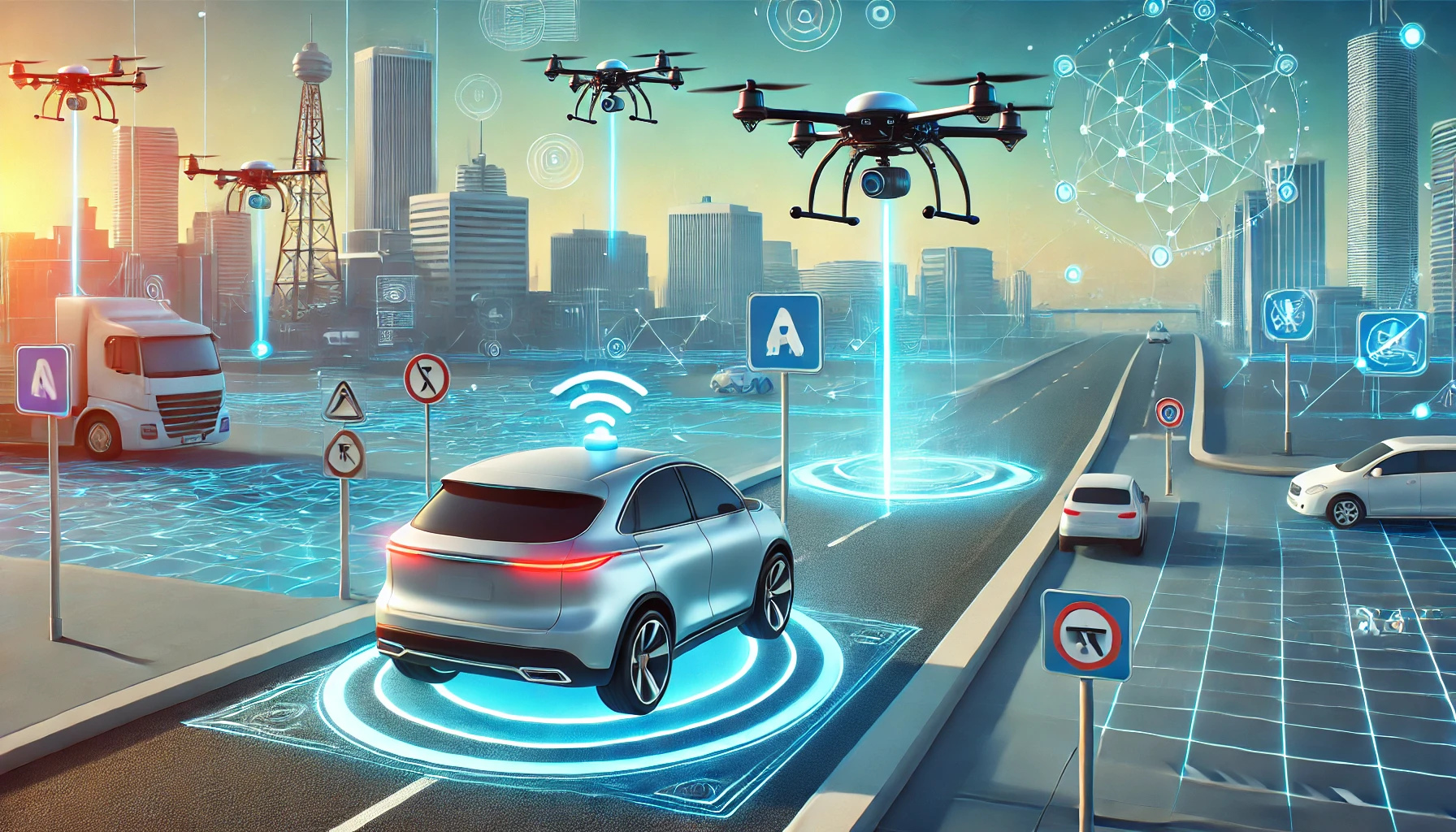The intersection of blockchain technology and machine learning (ML) represents an exciting frontier in technological innovation. Individually, these technologies have transformed industries, but their combination opens new doors in areas such as data security, decentralized intelligence, and autonomous systems. This survey explores their synergy and potential applications, shedding light on why the convergence of blockchain and ML is becoming a critical area of research and development.
The Foundations of Blockchain and Machine Learning
Blockchain: A Distributed Ledger of Trust
Blockchain is a decentralized and immutable ledger that ensures transparency and trust without intermediaries. Popularized by cryptocurrencies like Bitcoin, blockchain’s applications extend to finance, supply chain, healthcare, and more. Its key strengths are security, transparency, and traceability, making it an excellent candidate for solving data integrity challenges.
Machine Learning: The Power of Prediction
Machine learning, a subset of artificial intelligence, enables systems to learn from data and make predictions or decisions without explicit programming. ML algorithms are now central to image recognition, natural language processing, autonomous vehicles, and beyond. However, they depend on vast amounts of data and often raise concerns about data privacy and trust.
The Convergence of Blockchain and ML
Enhancing Data Security
ML systems require large datasets for training, but centralized storage systems are vulnerable to breaches. Blockchain addresses this issue by providing secure, tamper-proof storage for sensitive data, ensuring that ML training data remains protected. For example, healthcare applications can use blockchain to store patient records securely while allowing ML models to analyze anonymized data for diagnostics.
Decentralized Intelligence
The combination of blockchain and ML facilitates decentralized AI systems, where no single entity controls the data or the algorithms. This is particularly relevant for IoT ecosystems, where devices can share data and insights through blockchain networks. Decentralized ML models trained on blockchain-stored data improve scalability and reduce the risks of data monopolies.
Trustworthy AI Models
One of the significant challenges in ML is ensuring the explainability and fairness of models. Blockchain can enhance transparency by maintaining an immutable record of ML training processes, datasets, and decisions. This enables auditable AI systems that can be trusted in critical applications like finance and autonomous driving.
Key Applications
1. Fraud Detection and Financial Security
Blockchain’s transparency combined with ML’s ability to detect anomalies creates robust systems for fraud detection. Financial institutions are leveraging this combination to prevent fraudulent transactions while ensuring data integrity.
2. Supply Chain Optimization
Blockchain provides end-to-end visibility in supply chains, while ML predicts disruptions and optimizes logistics. Together, they enable smarter, more resilient supply chain systems.
3. Personalized Healthcare
By securely storing patient data on the blockchain, ML algorithms can deliver personalized treatment plans without compromising privacy. Blockchain also facilitates data-sharing agreements between institutions, enhancing collaborative research.
4. Decentralized Autonomous Systems
Self-driving cars, drones, and other autonomous systems benefit from decentralized intelligence. Blockchain ensures secure communication between devices, while ML powers real-time decision-making.
Challenges and Future Directions
While promising, the integration of blockchain and ML faces several challenges:
- Scalability: Blockchain’s limited transaction speed can hinder real-time ML applications.
- Energy Efficiency: Both technologies demand high computational power, raising concerns about energy consumption.
- Interoperability: Standardizing protocols between blockchain networks and ML systems remains a complex task.
Future research must address these challenges to unlock the full potential of blockchain-ML integration. Emerging areas like federated learning on blockchain and quantum-resistant blockchains are likely to shape the next wave of innovation.
The convergence of blockchain and machine learning offers a transformative approach to solving complex problems across industries. From secure data sharing to decentralized intelligence, their combined power is paving the way for trustworthy, scalable, and efficient systems. As researchers and developers continue to explore this intersection, the future of blockchain-ML integration looks brighter than ever.




